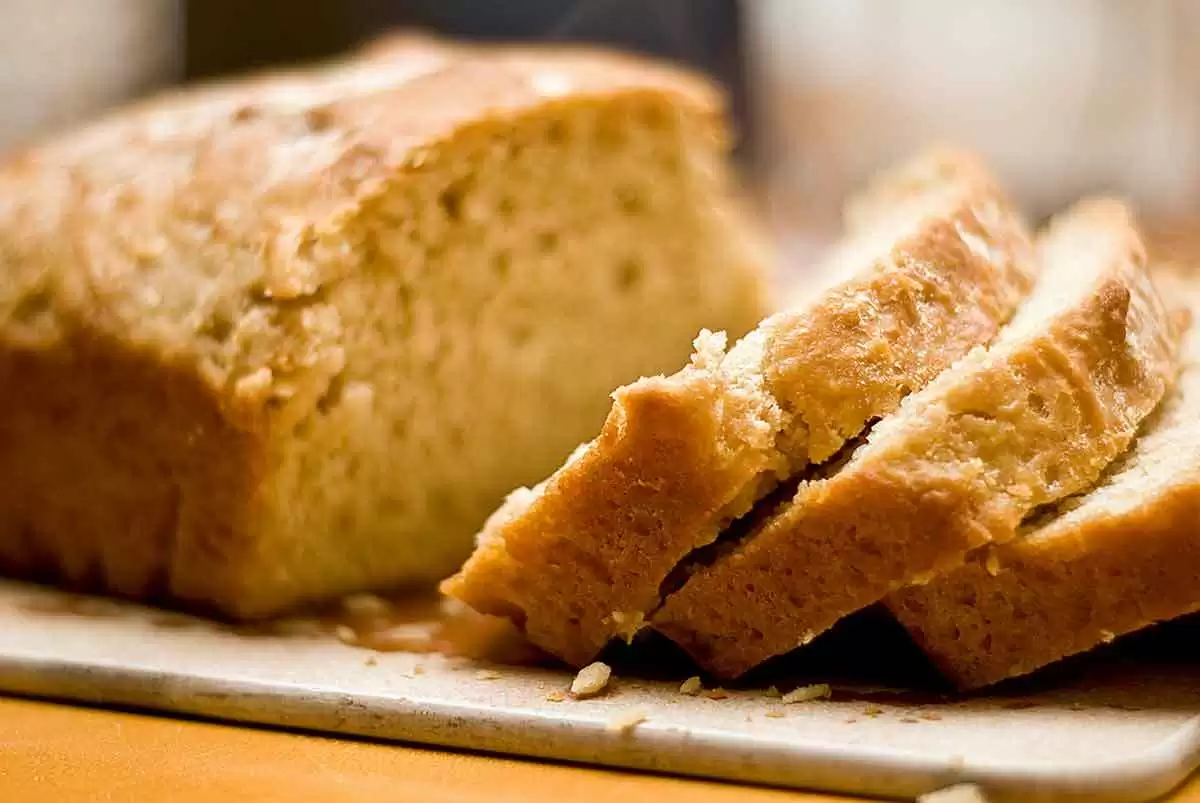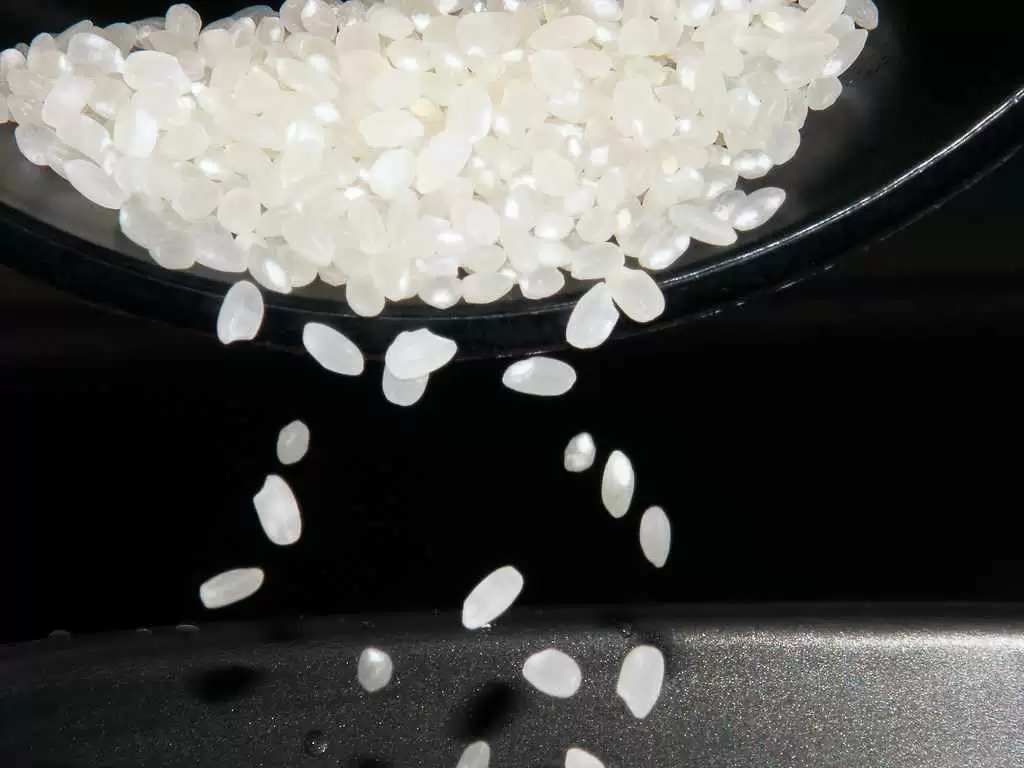
Celiac.com 08/09/2021 - Improving the quality of shelf stable gluten-free bread is an ongoing mission, and psyillium husk powder has shown some early promise. A team of researchers recently set out to assess the ability of psyllium husk powder to improve the quality and shelf life of gluten-free bread.
The research team included Camilly Fratelli, Fernanda Garcia Santos, Denise Garcia Muniz, Sascha Habu, Anna Rafaela Cavalcante Braga, and Vanessa Dias Capriles. They are variously affiliated with the Department of Biosciences, Institute of Health and Society (Campus Baixada Santista), Federal University of São Paulo, Rua Silva Jardim, Brazil; the Department Research, Pro Rectory of Research and Post-Graduation, Federal University of Technology in Paraná, Brazil; the Department of Chemical Engineering, Campus Diadema, Federal University of São Paulo in Brazil.
Celiac.com Sponsor (A12):
The researchers tried gluten-free bread mixtures containing about 3%, 7%, and 17% psyllium by flour weight. They then compared the performance of their bread to control gluten-free bread and to wheat bread. Using a 10-cm scale, they measured crumb moisture and firmness, microbial safety, and sensory acceptability at 0, 24, 48, and 72 hours after production.
They found that crumb firming was common during the storage period, especially for the control gluten-free bread, which had a crumb firmness eight times higher than the wheat bread. Psyllium husk reduced the crumb firmness by 65–75% compared with control gluten-free bread over the 72 hour storage period.
The mixture containing 17% psyllium husk showed the longest delay in bread staling, and was well accepted during 72 hours of storage, with acceptability scores for aroma, texture, and flavor resembled those of wheat bread.
The results showed that the addition of approximately 17% psyllium husk yielded gluten-free bread with structure, appearance, texture, and acceptability similar to wheat bread, with delayed bread staling during 72 hours of storage.
The research team suggests that this approach might yield softer, chewier, better tasting gluten-free breads that stay soft longer.
Read more in Foods 2021, 10(5), 954








Recommended Comments
Create an account or sign in to comment
You need to be a member in order to leave a comment
Create an account
Sign up for a new account in our community. It's easy!
Register a new accountSign in
Already have an account? Sign in here.
Sign In Now